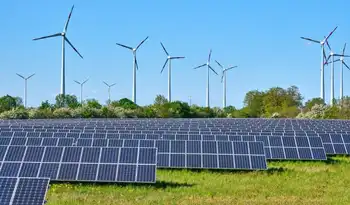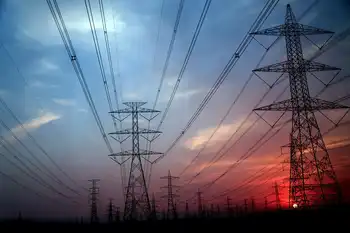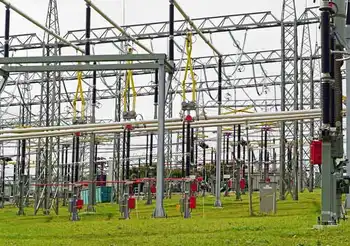OPA CEO Carr stepping down
By Toronto Star
CSA Z463 Electrical Maintenance
Our customized live online or in‑person group training can be delivered to your staff at your location.

- Live Online
- 6 hours Instructor-led
- Group Training Available
But Jan Carr, in an internal email message sent Jan. 23 to power authority staff, said his departure has nothing to do with an independent review, released in December, recommending that the agency be disbanded as part of a streamlining of electricity-system agencies.
"I appreciate that the timing of this is not ideal," he wrote. "However, the expiry date of my contract was established three years ago and reflected my view that I would probably want to embark on another phase of my life after my 65th birthday in 2008."
The so-called Arnett review concluded that the power authority should be split up and absorbed into the operations of the Ministry of Energy and the Independent Electricity System Operator.
Carr emphasized in a recent interview that his plan to leave is not related. "It's an unfortunate coincidence."
The power authority's board has started a search for Carr's replacement. A request for proposals has been put out to nine executive search firms, and both existing agency staff and outsiders can apply for the job, which paid $641,187 in 2006.
Carr, a long-time veteran of Canada's energy industry, was appointed to the position at the beginning of 2005 after a year as vice-chair at the Ontario Energy Board. His mandate was to build the agency from scratch and negotiate billions of dollars worth of power purchase contracts with the private sector. The agency was also charged with developing a 20-year road map for Ontario's electricity system.
The road map, which was submitted to the energy board last year and is currently being reviewed, calls for at least 1,000 megawatts of new nuclear capacity and greater reliance on natural gas power generation as part of a plan that involves phasing out the province's coal plants by 2014. "Jan has a unique ability to explain the most complex aspects of our power system in layman's terms and was able to win respect from most stakeholders," said energy consultant Paul Bradley, formerly vice-president of generation procurement at the power authority.
But Carr's critics label him an old-school engineer obsessed with mammoth power plants, whether nuclear or hydroelectric. They argue the power authority, under Carr's leadership, short-changed the role of conservation, renewable energy and grid renewal in the province's 20-year roadmap.
"The focus has been on big, centralized generation, particularly nuclear, and everything else has been treated as a sideshow," said Mark Winfield, a professor of environmental studies at York University.
Keith Stewart, an energy expert with WWF-Canada, said the power authority has never had a long-term vision for modernizing the grid.
"It's going to cost the province if this approach continues, because we're going to be building a 1950s system instead of a 21st-century system."
Carr said there'd be something wrong if everybody was happy with what the power authority has done so far.
"Some people think our plan is lacking. Conservation groups feel we should have done more. The renewable energy people feel we are not giving them preference in terms of grid access. The nuclear guys don't think we've done a good job," Carr said.
"It's easy to give away cookies, but it's much harder to say no and keep things on the straight and narrow."











